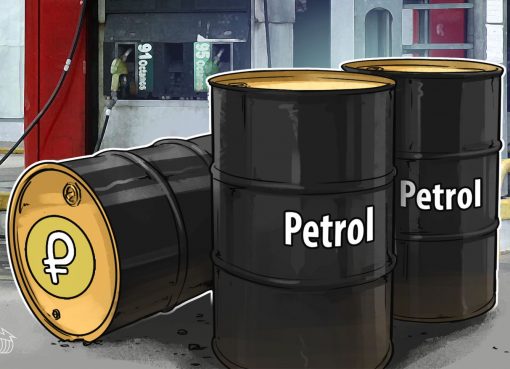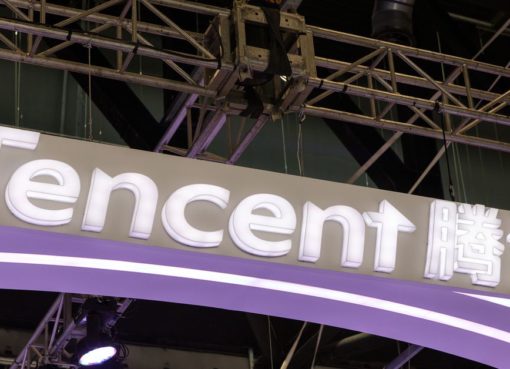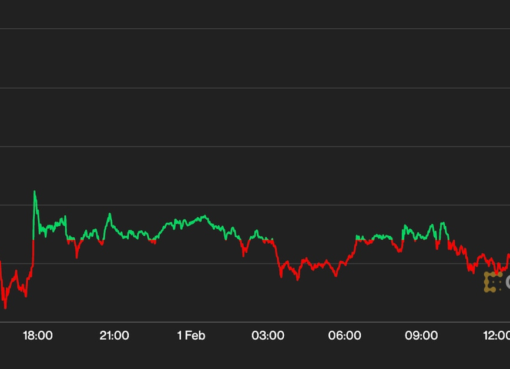- Wells Fargo is stepping away from independent car dealers to distance itself from risky loans.
- The subprime auto loan market is looking increasingly dangerous.
- Without a speedy post-pandemic recovery, subprime auto loans are in danger of toppling the economy.
This week, Wells Fargo confirmed that auto loans could be the catalyst that sends the U.S. economy into a death spiral.
The bank announced that it would not be accepting new auto loan applications from most independent dealerships. The news underscored a growing issue bubbling beneath the surface of the U.S. economy—consumer debt.
Subprime Auto Loans Under Strain
Wells Fargo’s fake account scandal means the bank is operating under tight restrictions, which put a cap on how far it can expand its balance sheet. Many of the bank’s customers tapped their lines of credit when the pandemic hit, leaving the bank very little room when it comes to making new loans.
But according to CNBC, the bank’s decision to cut off auto loans to independent dealers wasn’t an effort to stay within those parameters. Instead, the bank is concerned about the quality of those loans and whether they’ll be paid back.
Cracks Are Showing
Wells Fargo’s concerns aren’t unfounded. The auto lending industry, particularly among subprime lenders, was already in a danger zone before the economy went on lockdown.
At the end of 2019, outstanding auto loans in the U.S. totaled $1.33 trillion. Delinquencies were already on the rise with $66 billion loans more than 90 days delinquent versus $57 billion from a year earlier.
Back then, many shrugged off the rise in delinquencies, saying the auto market simply isn’t large enough to cause the U.S. economy to topple.
Subprime borrowers made up just 22% of the total auto-loan market, Douglas Holtz-Eakin, president of American Action Forum think-tank, argued. He said the situation wasn’t comparable to the subprime mortgage crisis.
Still, Holtz-Eakin warned, if subprime borrowers started consistently missing their payments, “it would be a problem.”
Enter a global pandemic, and his warning is starting to sound more ominous.
Auto Loans to Suffer This Time Around
Back in 2008, many were surprised to find the auto loan industry escaped the crisis relatively unscathed. That was mostly part because people needed their cars to keep their jobs, so they prioritized auto payments over mortgage payments.
Now, the opposite is true. Most companies have made working from home a long-term possibility, and that has changed the way people will prioritize loan repayments in times of financial hardship. This time around, it’s likely that auto loans will be on the bottom of the totem pole.
There’s some evidence of that trend beginning to materialize. In April, auto loan defaults were up 3.5%, with roughly 3 million loans being put into “financial hardship” programs.
Loan Defaults Threaten the Economy
That could topple several dominoes in the U.S. economy. Lenders, for one, will feel the strain of continued missed payments. Investors who’ve bought asset-backed securities (ABS) could also pay the price.
Joe Cioffi of Davis & Gilbert law firm explained that while asset-backed securities are far more robust than they were back in 2008, the sudden shock to the economy due to the pandemic was something no one could have predicted or planned for:
There were already cracks in the armour. Now, with coronavirus, it’s even more downward pressure
If delinquency rates start to climb too high, it will violate the covenants issuers are required to maintain. That could mean issuers lose access to their lines of credit.
ABS Safe Unless the Crisis Continues
Fitch analysts note that for now, most borrowers have been given an extension, or they’ve been propped up by government stimulus to keep paying their loans. But a rising tide of defaults could be building in the background if the government’s stimulus isn’t enough to tide people over throughout the crisis:
[Credit performance] deteriorate rapidly, particularly if displaced workers are unable to secure employment and businesses cannot resume operations once the economy reopens.
Much of what happens in the subprime auto market will depend on the economy and whether people get their jobs back. But with some estimating that as many as 42% of the recent job losses will become permanent, it wouldn’t be a surprise to see things starting to collapse in the next few months.
Disclaimer: The opinions expressed in this article do not necessarily reflect the views of CCN.com.
This article was edited by Sam Bourgi.




